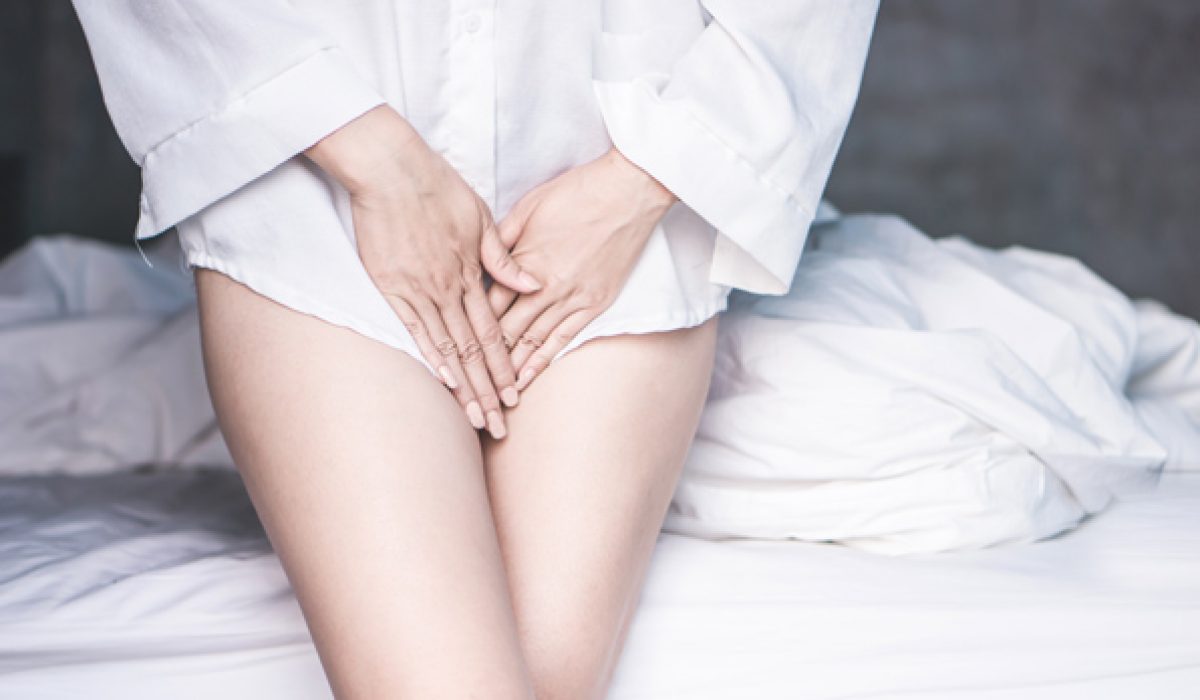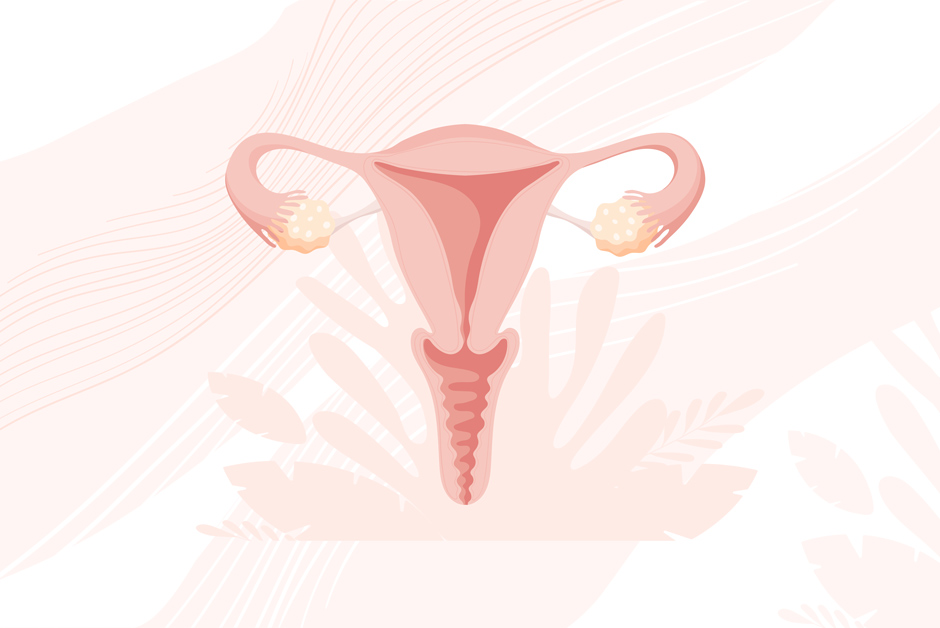Genital lumps can be worrying, but whilst some are harmless, others are certainly a cause for concern.
Dr Aka, Consultant Gynaecologist here at The Gynae Centre explains: ‘It is quite normal to notice the sebaceous glands on the skin of the genitals. These secrete sebum into the hair follicles to lubricate the skin and hair and are not cause for concern. They are small white/yellow bumps under the surface of the skin and are most commonly seen on the vulva, but are also seen in other areas of the body.’
It’s also common to get ingrown hairs due to certain hair removal methods. This happens when the hair starts to grow and curl in on itself under the skin instead of breaking through the skin. Ingrown hairs will usually look like a regular spot with a hair inside if you look closely. You can try gently exfoliating or using a hot washcloth to help. To prevent ingrown hairs it’s recommended that you replace your razor head regularly and have a few weeks without shaving to give your skin a rest. You can even change your hair removal method for a while.
If you have a genital lump, and you’re uncertain of the cause, it’s always best to get it seen to by your GP or gynaecologist.
Genital warts
Caused by the virus HPV, genital warts are spread through skin contact. They look similar to the surface of a cauliflower in appearance and frequently appear in patches. Genital warts are usually soft lumps, and are not normally painful, but they can itch, irritate and bleed. If you think you have genital warts it’s essential that you visit your GP or gynaecologist for sexual health screening and treatment, which is usually either a topical cream, or removal through minor surgery.
Varicose veins
Soft, blueish lumps on your genitals? Varicose veins, also known as vulvar varicosities, don’t only appear on the legs! They are particularly common in women who stand or sit for long periods of time. Exercise and sex can also trigger varicose veins.
Pregnancy is the largest risk factor for varicose veins the blood volume increases in the lower abdomen but due to the pressure from the baby, the blood flows back to the heart slower. Hormones can also mean the veins dilate more. Varicose veins occur when the valves cause the blood to pool.
‘Although most women don’t have any symptoms, some do experience pain, swelling, itching and bruising, but a cold compress can provide relief. Treatment isn’t usually required.’ explains Dr Aka.
Cysts and abscesses
Caused by blockages of the glands, cysts and abscesses can feel like lumps under the skin.
At the entrance of the vagina you’ll find the Bartholin’s glands. These are two pea-sized glands which keep the vagina lubricated. These can sometimes get blocked and infected, leading to a soft, painless lump just at the vaginal entrance. In most cases it won’t need any treatment. It occurs when the duct gets blocked and then a cyst filled with fluid appears. If the cyst gets infected it can turn into an abscess. Antibiotics are usually prescribed in the first instance but if it doesn’t improve we can drain it using a minor surgical procedure. It is quick and low risk, and in extreme cases, we can remove the glands using marsupialisation. This is a 15 minute procedure which can be done at the clinic and is performed as a day procedure.
We would advise that if you have a lump on your genitals you should get it assessed by GP or gynaecologist who will be able to advise and provide treatment if necessary. It’s always better to get checked out sooner rather than later.
Herpes
If you’ve got bumpy pustules that look a bit like blisters on your vulva you may have genital herpes. It’s incredibly common and is passed on through skin-to-skin contact like kissing, oral sex and penetrative sex. There isn’t a cure but you should attend a clinic so you can be prescribed antiviral treatment to help prevent its spread. This can also help reduce the symptoms as if the blisters pop they can be incredibly painful.
If you have any symptoms of STIs, or have had unprotected sex you should get a sexual health screen. We offer mini and full screenings depending on requirements.
Vulvar cancer
Vulvar cancer is more in older women and affects just over 1,000 women each year. 80% of cases are in women over 60 and smoking increases your risk. A genital bump is just one of many symptoms that could indicate vulvar cancer. Other symptoms include a burning or itching sensation, a mole that changes in appearance, pain and tenderness, swelling, sores, and raised or different coloured patches of skin. Vulvar cancer is rare, but if you’re experiencing any combination of these symptoms you should see a healthcare professional.
To book a consultation with one of our three experienced and knowledgeable Consultant Gynaecologists at The Gynae Centre, call us on 020 7580 8090, email ask@gynae-centre.co.uk or book online.






